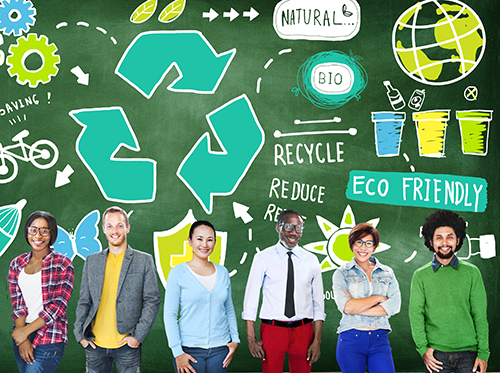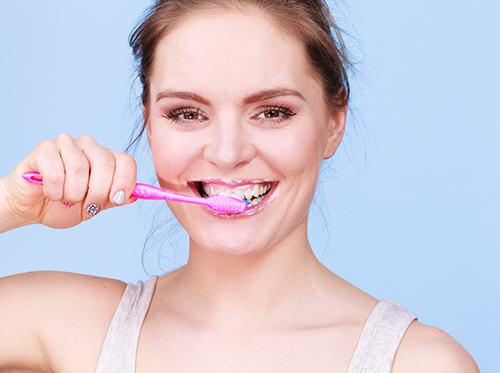Going Green: how a “green” office can be beneficial to patients
January 27th, 2017

Our green office offers many benefits to patients. And just because we’ve gone green doesn't mean that we won't be able to provide the same services as a traditional office. In fact, our goal is to provide the same (or better) services as a regular office, but services that act in harmony with the body and world around us. Less waste, fewer chemicals and heavy metals, and reduced energy consumption; these are traits that define a truly green office.
Some of the benefits you'll experience as a patient at our green Winnipeg or Selkirk, MB office include:
- Better air quality – There's a focus on using renewable and natural building materials, paint that is free of volatile organic compounds (VOCs), biodegradable cleaning supplies, and formaldehyde free materials for cabinetry. This leads to cleaner air in the office for patients and their families.
- Less radiation – Digital X-rays replace old film based X-rays and expose patients to 90 percent less radiation. Digital X-rays are also convenient for patients since their images can be viewed right on the computer screen instead of on a physical printout.
- No need for paper – Many offices have gone "paperless." You'll get any pertinent paperwork via email, reducing paper waste and saving you time. Patient records are also stored digitally, doing away with the wall of patient folders and making for easier and quicker record retrieval.
- Fewer chemicals – Green offices take advantage of chemical-free sterilization by steam and clean their tools using energy-efficient washers and dryers. Biodegradable cleaning solutions instead of toxic chemical cleaners are used around the office, too.
- Reduced heavy metal exposure – Biocompatible, non-allergenic, non-metal materials like porcelain and ceramic are preferred in a green office over the heavy metals (nickel, titanium) used in traditional offices. This is particularly important in the case of appliances that are used over long periods of time, like dental implants or veneers.
Dr. Brent Nickolaychuk and our team hope you realize the positive effect a green office can have on your health, as well as that of the environment. Our office is dedicated to bringing you the cleanest, safest, and greenest technologies the industry has to offer, and we're happy to share how our processes differ from other offices!



